Sustainability addresses the ongoing capacity of Earth to maintain all life.
Sustainable patterns of living meet the needs of the present without compromising the ability of future generations to meet their needs. Actions to improve sustainability are both individual and collective endeavours shared across local and global communities. They necessitate a renewed and balanced approach to the way humans interact with each other and the environment.
Education for sustainability develops the knowledge, skills, values and world views necessary for people to act in ways that contribute to more sustainable patterns of living. It enables individuals and communities to reflect on ways of interpreting and engaging with the world. Sustainability education is futures-oriented, focusing on protecting environments and creating a more ecologically and socially just world through informed action. Actions that support more sustainable patterns of living require consideration of environmental, social, cultural and economic systems and their interdependence



 Your new post is loading...
Your new post is loading...


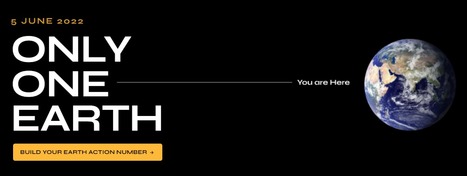
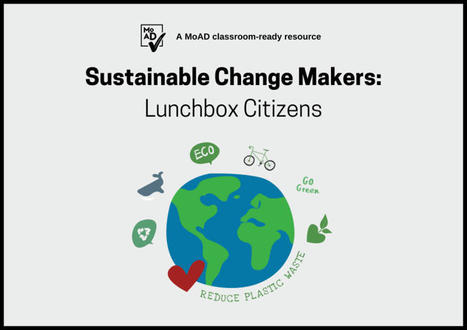

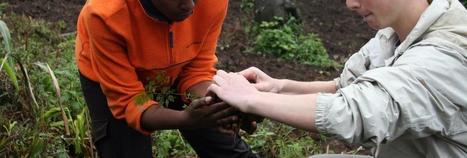


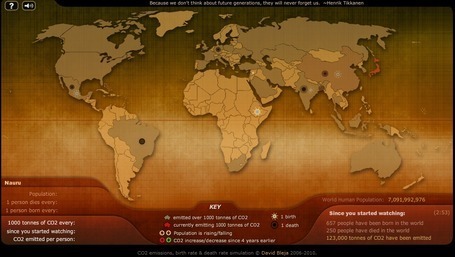
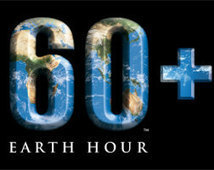
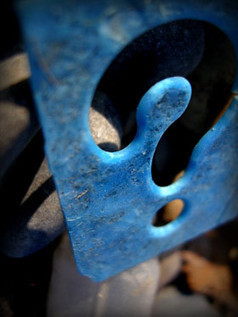
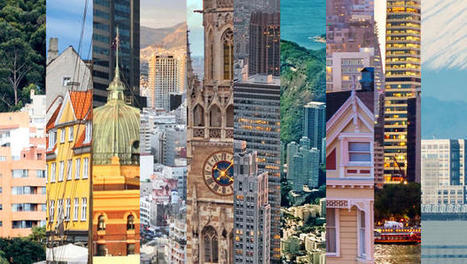


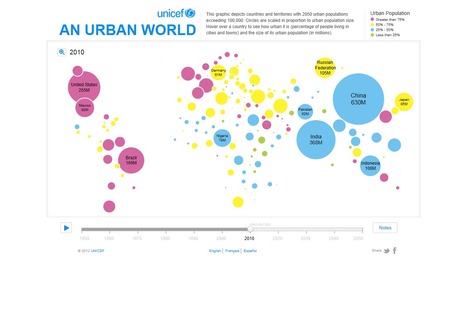
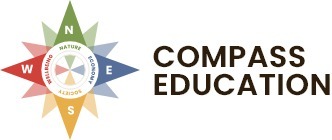

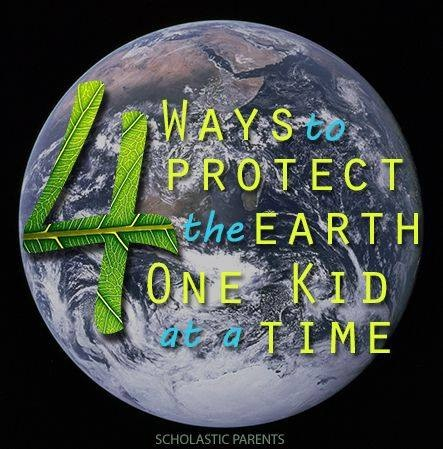
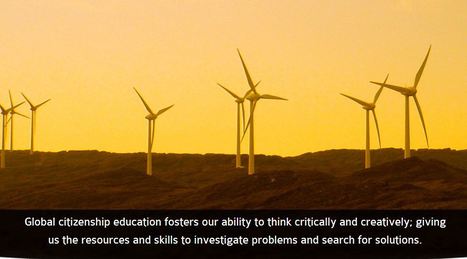
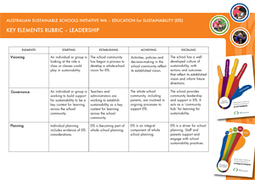
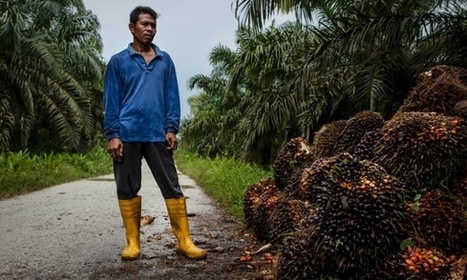
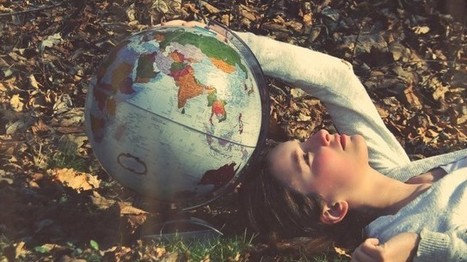
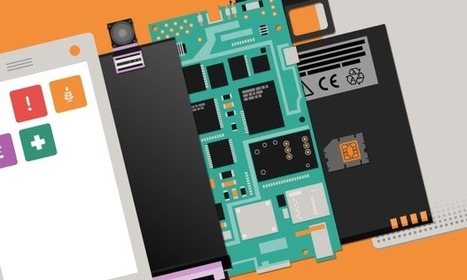


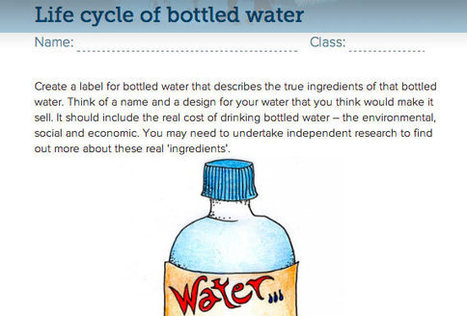
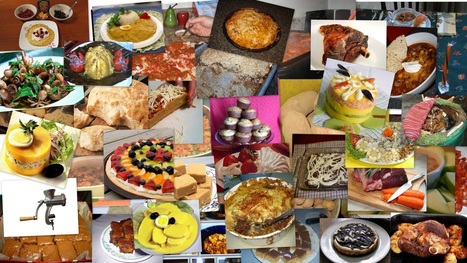

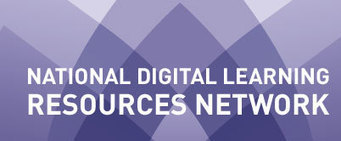





The Humanities Learning Area has several direct links to the organising ideas listed within the Sustainability Cross-Curriculum Priority v8.1.